Join the community
Thought Leadership Centre
Most Read
1. Singapore to slash CDC vouchers as Budget 2026 pivots to defence 2. Budget 2026 to surge tech funding as ageing workforce squeezes growth: analysts 3. OCBC and UOB to reverse year-long NIM slide in Q4 4. E-ang bao use jumps nearly 50% in 2025 as seniors ditch red packets: OCBC 5. UOB set for growth as DBS, OCBC earnings hold steady: reportResource Center
Awards
Apr
14
Event News
Singapore Business Review Management Excellence Awards 2025 Winner: Moninder Jain of Logitech Singapore Pte Ltd
Moninder Jain of Logitech Singapore highlights how human and AI collaboration strengthened the company’s market position.

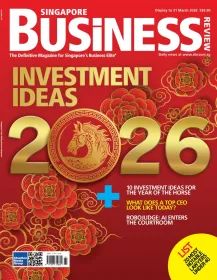
 Advertise
Advertise
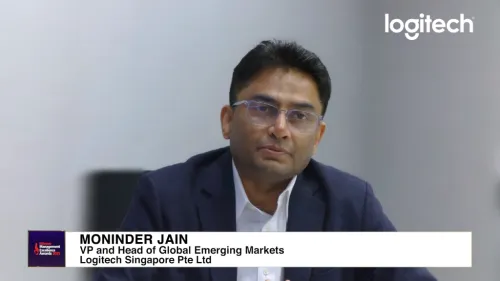


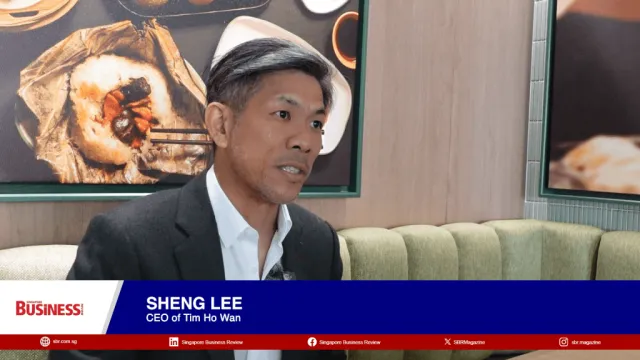
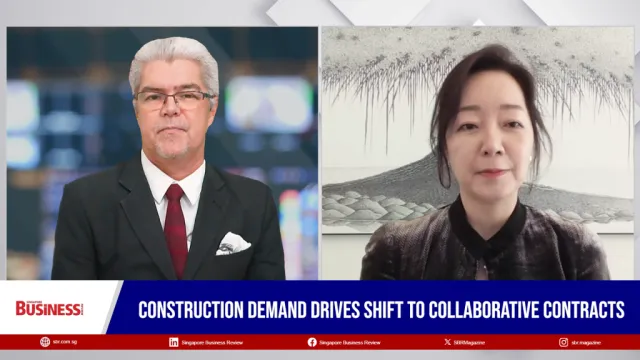
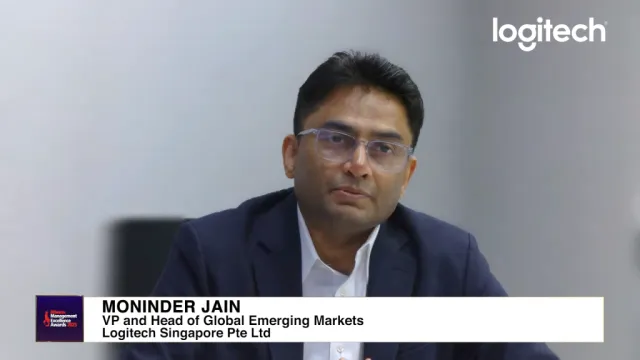
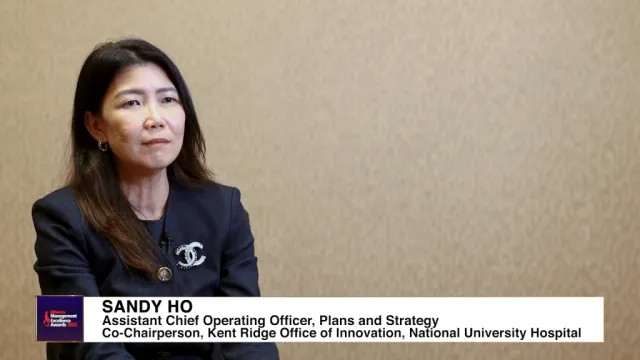









Commentary
Here is why your attrition is high!
Here is why your attrition is high!
Juggling your business' risks and gains
Here's what IT&T and industrial sectors must hurdle
Is your iPhone giving out your info?
Why the design scene in Singapore will get worse before getting better
Singapore property market's unprofitable deals
How companies deal with the reservists' absence
Make your brand irresistible in Singapore
How great leaders should communicate
Why Singapore fresh grads should consider starting a business
Does Formula 1 really benefit Singapore?
The difference between character and reputation
How to lose your job to a foreigner
A look into training in the good old days
Reversing our demographic decline
Will the "video resume" get you a job?
Cloud Computing services: Is it all fluff or does it really serve businesses?